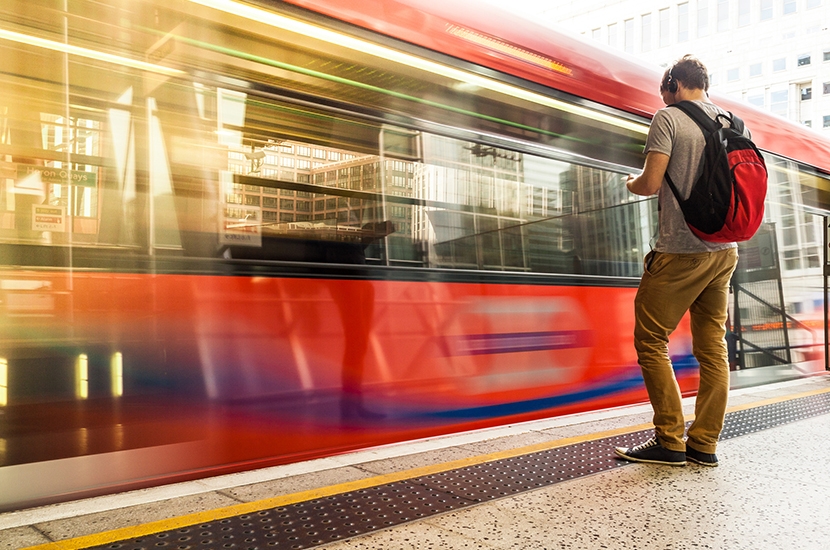The long-awaited review of the railways by former British Airways executive Keith Williams chugged past the platform of public debate without creating much stir. Politicos noted that it had become ‘the Williams-Shapps Plan’, indicating an urge on the part of Transport Secretary Grant Shapps, in Tony Blair’s words, to be personally associated with eye-catching initiatives — in this case, especially those that have nothing to do with the issue of whether British holidaymakers will be allowed to fly abroad this summer.
But the review’s core proposal — a new public body called Great British Railways that will control tracks, timetables and fares, and contract with private operators to run trains — provoked little controversy. That’s probably because it surprised no one who has followed our unhappy railway saga since the Major government embarked on privatisation in 1994 using a blueprint devised by the Treasury, against advice from railway-men, that broke the network into a multitude of fragments.
The primary aim was to maximise sell-off proceeds while getting the job done by 1997. The result wasn’t all bad: many services and stations are far better than they used to be. But the overall scheme was clunky, confusing, riddled with contract disputes and dependent on rising subsidies. After the trouble-prone track owner Network Rail was brought back to public ownership, train-operating franchisees who found it impossible to make a decent return began successively throwing in the towel. In last year’s lockdown, the Department for Transport had no choice but to take all the remaining franchises in hand.
In effect, the industry renationalised itself. The structure proposed by Williams cements much of that status quo, while creating clearer roles and rewards for private-sector contractors. I would have liked to see stronger support for the role of competitive ‘open access’ operators, of which the only significant survivors are Grand Central (Sunderland to King’s Cross) and Hull Trains.








Comments
Join the debate for just £1 a month
Be part of the conversation with other Spectator readers by getting your first three months for £3.
UNLOCK ACCESS Just £1 a monthAlready a subscriber? Log in